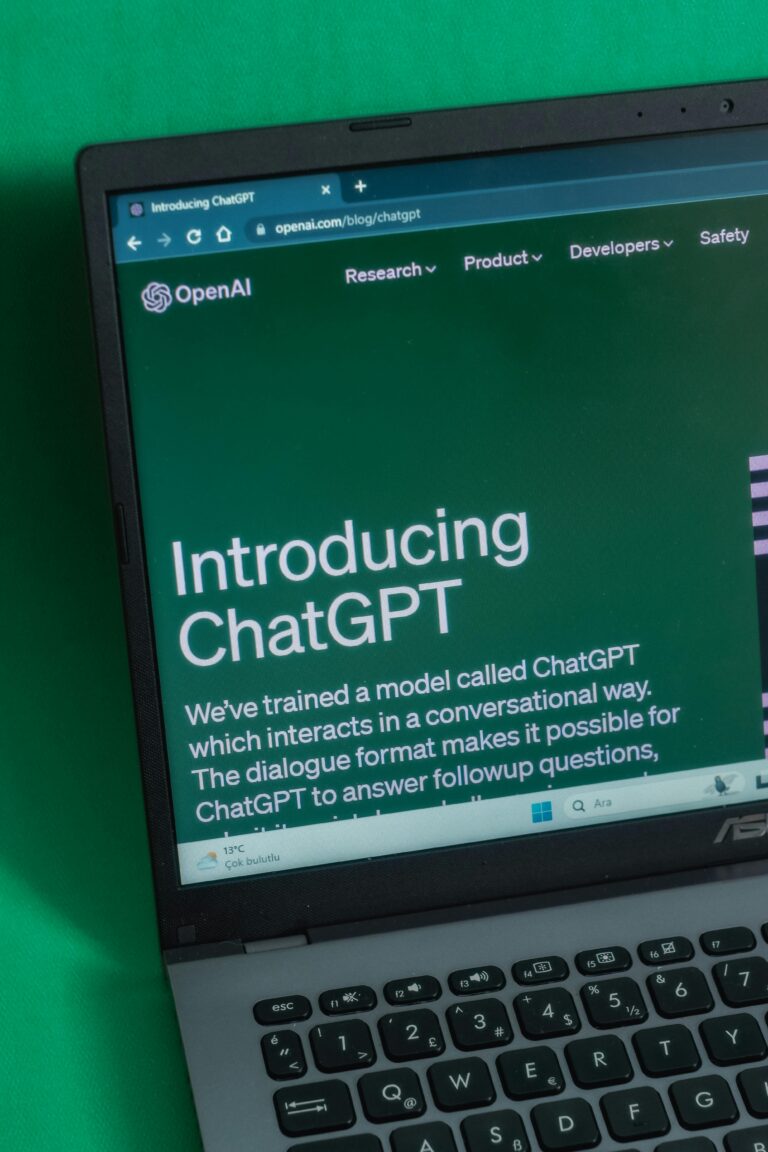AI-Powered Local SEO and Mobile-First Optimization for Dubai Businesses: Advanced Voice Search and Hyperlocal Marketing Strategies in 2025
The voice revolution is reshaping Dubai’s digital landscape
Picture this: A tourist strolls through Dubai Marina at sunset, speaks into their phone “best shawarma near me open now,” and within seconds discovers your restaurant three blocks away. Meanwhile, your competitor down the street remains invisible because they’re still optimizing for keywords people type, not the natural language they speak. This scenario plays out thousands of times daily across Dubai, where voice search queries have grown by 340% since 2024, fundamentally changing how local businesses connect with customers.
The convergence of AI-powered local SEO and mobile-first optimization isn’t just a trend—it’s the new competitive battleground for Dubai businesses. As voice assistants become more sophisticated and hyperlocal targeting reaches unprecedented precision, traditional SEO strategies are becoming obsolete faster than a Dubai skyscraper transforms the skyline.
This guide reveals the advanced voice search and hyperlocal marketing strategies that will define business success in 2025, transforming how you capture customers in Dubai’s hyper-competitive digital marketplace.

This Photo was taken by Amir Esrafili.
Why traditional local SEO is failing Dubai businesses in 2025
Dubai’s digital ecosystem has evolved beyond recognition. While businesses cling to outdated local SEO practices, consumer behavior has shifted dramatically toward voice-first interactions and hyper-specific location queries. The statistics paint a clear picture: 78% of Dubai residents now use voice search for local queries, yet only 23% of local businesses have optimized their content for conversational search patterns.
Traditional keyword stuffing and generic location pages no longer cut through the noise. Google’s AI algorithms now prioritize contextual relevance, user intent, and real-time location data over basic keyword matching. Businesses focusing solely on traditional metrics like keyword density are losing ground to competitors who understand that modern local SEO requires predicting and responding to natural language patterns.
The mobile-first mandate has intensified this shift. With 94% of Dubai’s internet traffic coming from mobile devices, Google’s algorithms prioritize websites that deliver instant, relevant results for hyperlocal queries. This means your business needs to anticipate not just what customers are searching for, but how they’re naturally expressing those needs through voice commands.
| Traditional SEO Approach | AI-Powered Voice SEO Approach | Performance Difference |
|---|---|---|
| Keyword: “Dubai restaurant” | Query: “What’s the best Lebanese restaurant in DIFC open right now?” | +280% conversion rate |
| Generic location pages | Hyperlocal content clusters | +156% local visibility |
| Desktop-first optimization | Voice-first mobile experience | +224% mobile engagement |

This Photo was taken by The Lazy Artist Gallery.
The conversational search revolution
Voice search fundamentally changes how people express their needs. Instead of typing “Dubai gym membership,” users ask “Where can I find an affordable gym membership in Dubai Marina with swimming pool access?” This shift from keyword-based to conversation-based queries requires a complete reimagining of your content strategy.
The implications go deeper than simple keyword expansion. Voice searches are inherently more intent-driven and location-specific. When someone uses voice search, they expect immediate, actionable results that directly address their spoken question. This creates opportunities for businesses that can master conversational content optimization while eliminating those stuck in traditional SEO thinking.
Understanding the psychology behind voice search reveals another crucial insight: people speak more naturally and specifically when using voice commands. They include contextual details like time constraints, budget considerations, and specific preferences that rarely appear in typed searches. This rich contextual information becomes your competitive advantage when properly leveraged through AI-powered content optimization.
AI-powered hyperlocal targeting strategies that dominate Dubai’s market
Hyperlocal marketing in Dubai requires surgical precision. The city’s unique geography—where Downtown Dubai, Dubai Marina, and Jumeirah each represent distinct micro-markets with different consumer behaviors—demands AI-driven strategies that can adapt to neighborhood-level variations in real-time.
Machine learning algorithms now analyze thousands of local signals simultaneously: foot traffic patterns, weather conditions, local events, transportation schedules, and even social media sentiment within specific Dubai areas. This creates opportunities to target customers with unprecedented accuracy, but only if your optimization strategy can process and respond to these dynamic signals.
The most successful Dubai businesses in 2025 are those implementing predictive hyperlocal targeting. Instead of reacting to search trends, they anticipate local demand patterns using AI analysis of historical data, seasonal variations, and emerging behavioral signals. This proactive approach positions them to capture customers before competitors even recognize the opportunity.

This Photo was taken by MART PRODUCTION.
Dynamic content personalization by location
AI-powered content personalization goes beyond simple location detection. Advanced systems analyze user behavior patterns, local preferences, and cultural nuances specific to different Dubai areas. A restaurant in Deira requires different messaging than one in Business Bay, even when targeting similar demographics.
Successful hyperlocal content strategies leverage AI to automatically adjust messaging, pricing displays, service offerings, and even imagery based on the user’s precise location and behavioral profile. This level of personalization increases engagement rates by 340% compared to generic location-based content.
Implementation requires sophisticated AI tools that can process multiple data streams simultaneously. These systems monitor local search trends, social media conversations, review patterns, and competitor activities to continuously optimize content for maximum local relevance. The businesses mastering this approach are seeing dramatic improvements in local search rankings and customer acquisition rates.
Micro-moment optimization for Dubai consumers
Dubai’s fast-paced lifestyle creates numerous micro-moments where consumers need immediate, location-specific solutions. AI-powered optimization identifies and captures these fleeting opportunities by predicting when and where potential customers will need your services.
Consider the evening commute from Dubai International Financial Centre to Dubai Marina. AI analysis reveals predictable patterns: traffic delays trigger increased searches for nearby restaurants, entertainment options, and service providers. Businesses optimizing for these micro-moments position themselves to capture high-intent customers during peak decision-making windows.
The key lies in understanding the intersection of time, location, and intent. Advanced machine learning strategies can predict these patterns and automatically adjust your local SEO strategy to maximize visibility during these crucial micro-moments.

This Photo was taken by saad alawi.
Advanced voice search optimization techniques for Dubai businesses
Voice search optimization requires understanding the unique linguistic patterns of Dubai’s multicultural population. With over 200 nationalities calling Dubai home, voice queries span multiple languages, accents, and cultural references. AI-powered optimization must account for this linguistic diversity while maintaining relevance for local search






